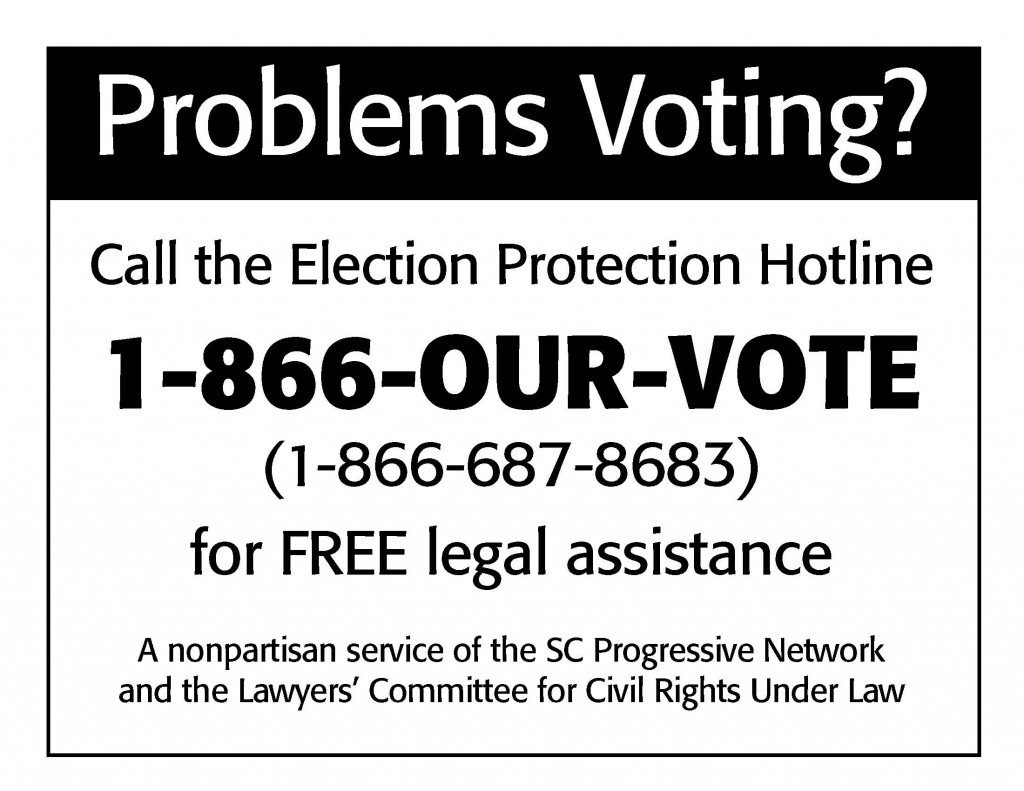Hunger and Homelessness in America
By Tom Turnipseed, Columbia SC
“There’s nothing surer; the rich get rich and the poor get poorer,” was a slogan of the roaring 20s. The famous phrase was adapted from “Ain’t We Got Fun,” a popular song recorded in 1921. So what’s new in America in the first decade of the 2000s?
Nothing! America’s top 72 wage earners averaged 84 million dollars each in income last year, according to Social Security Administration data. The richest 1 percent of us earned 24 % of the nation’s total income, the highest since 1928, just before the Great Depression. On the other hand, 14.3 % were living in poverty in 2009, according to the U. S Census Bureau. 50 million people from 17.4 million families are so poor they couldn’t buy sufficient food last year. About one million children from more than a third of these households missed meals regularly according to a recent study by the Department of Agriculture. At dinner, families gather to share together. But for the children, dinner time can be the cruelest part of the day. Almost 1 in 4 of them doesn’t know when they will have their next meal.
Because there is a high turnover and many homeless people stay hidden, homeless and hunger counts are only estimates. The Department of Housing and Urban Development reported a count of 643,067 homeless persons nationwide on a single night in January 2008. 1.6 million used emergency shelters or transitional housing during 2007/2008, suggesting that 1 in every 50 persons in the US used the shelter system at some point. 170,000 families lived in homeless shelters. With home foreclosures at record highs and continuing unemployment, homelessness is increasing.
Republicans in the U.S. House have blocked a bill that would have extended jobless benefits for the long-term unemployed beyond the holiday season. About 2 million people will lose their benefits if they are not extended, according to the National Employment Law Project. The blocked benefits would save the jobless from hunger and homelessness during the most severe recession since the 1930s and boost spending in the economy that will generate more jobs. Long-term unemployed workers are likely to spend their benefits right away on rent, food and other necessities, and create jobs in our economy. The Congressional Budget office estimates the “multiplier” effect of spending $65 billion on unemployment insurance extensions will increase gross domestic product $104.7 billion which translates into 488,000 payroll jobs.
The plutocrats controlling our government with campaign contributions and slick lobbyists oppose extending benefits to unemployed people. They fight to keep their unjust tax cuts and sit on the billions in bailout cash they received that we were told would save the economy and create jobs for poor and unemployed people. U. S. companies reported after-tax profits of $1.22 trillion last quarter, the highest on record dating back to 1947, according to the Department of Commerce.
When will some of their government bailout welfare for the rich trickle down to poor and working people?
My wife, Judy, and I are sponsors of an organization called Homeless Helping Homeless and volunteer at the local winter shelter. And, along with about 35 other people from diverse backgrounds, we have fed an average of 150 mostly homeless and hungry people every Sunday afternoon for the past 7 years at Finlay Park in downtown Columbia. Each server brings a dish or two–turnip greens, mac and cheese, fresh fruit, banana pudding. Pastries are donated by local super markets. Our picnic provides a nutritious and tasty meal for the homeless and many of the servers. We are known as Food Not Bombs, a national organization that encourages feeding hungry people rather than supporting military madness.
Our a-frame sign, set up near the entrance to our picnic, has a famous quote from a speech by former General and President Dwight Eisenhower that describes the military industrial complex:
“Every gun that is made, every warship launched, every rocket fired signifies, in the final sense, a theft from those who hunger and are not fed, those who are cold and not clothed. This world in arms is not spending money alone. It is spending the sweat of its laborers, the genius of its scientists, the hopes of its children.”
The U.S. defense budget is $720 billion, which includes the Pentagon base budget, Department of Energy nuclear weapons activities and the wars in Iraq and Afghanistan. We far outstrip the rest of the world in defense spending, surpassing the next closest country by more than eight times. The Stockholm International Peace Research Institute reports that the U.S. military budget accounts for 43% of the world’s total military spending.
If we heed the words of Eisenhower and stop the madness we call war, if we require the wealthiest to pay their fair share, then perhaps we can end hunger and homelessness in America. There will be food, not bombs, and we will no longer destroy the hopes of our children.
Tom Turnipseed is an attorney, writer and peace activist in Columbia, SC. His blog is tomandjudyonablog.blogspot.com.




